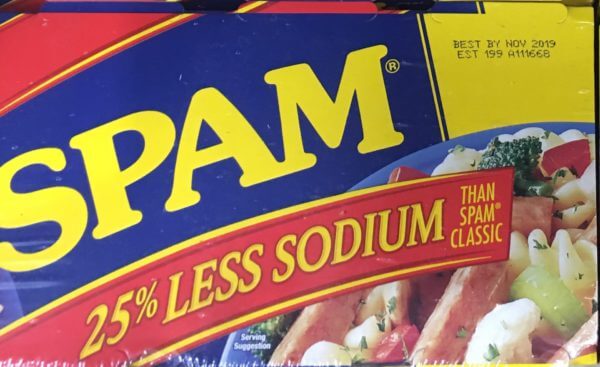
I like to joke that whenever Moz publishes an article about links, half my clients immediately email me about it. But that’s really not too far from the truth! People with big audiences have a lot of power.
But people can make mistakes — even people with strong expertise in a subject — so you do need to be careful trusting information without backup sources. In my opinion, the best thing about Moz is that in the comments, people will call you out, ask questions and offer alternative points of view.
People will also call you out on social media, but I’ve noticed that it doesn’t always happen with smaller sites that have smaller audiences. If an individual is writing on his or her own blog and just getting started, especially if that blog doesn’t allow comments, the writer can say lots of untrue things and no one will even notice — other than maybe your poor client.
When the data isn’t what it should be
People do make proclamations based on faulty data. I recently was involved with a study that turned out to be based on a lot of incorrect information for various reasons.
When I pointed this out to the person conducting the study, he never spoke to me or interacted with me again. Did he let anyone know what I’d said? No. It would have changed his conclusions. He didn’t want to admit that he’d been wrong or overlooked something.
This cannot be an isolated experience.
Many sites publish studies, so let’s say a client forwards you a study that draws its conclusions from a very small sample. Do you really want to trust your marketing to a test that only looked at three sites?
If I have built exactly three links for two clients in the same industry (let’s say gaming), and both of those sites improved five spots in rankings for their most important keyword, I could theoretically say that all gaming clients needed only three links to see an improvement in their rankings. But the fact is, such a small sample is unlikely to produce statistically significant results.

There are a lot of spammy scammers out there, unfortunately. Recently, I was appalled to see an agency sharing case studies with a potential client that were supposedly demonstrating the agency’s work, but guess what? It was all a lie. They hadn’t done the work they were showing. Another agency had.
[Read the full article on Search Engine Land.]
Some opinions expressed in this article may be those of a guest author and not necessarily Marketing Land. Staff authors are listed here.
About The Author

Julie Joyce owns the link development firm Link Fish Media and is one of the founding members of the SEO Chicks blog. Julie began working in search marketing in 2002 and soon became head of search for a small IT firm. Eventually, she started Link Fish Media, where she now serves as Director Of Operations, focusing on working with clients in ultra-competitive niches all over the world.
Popular Stories
Related Topics
